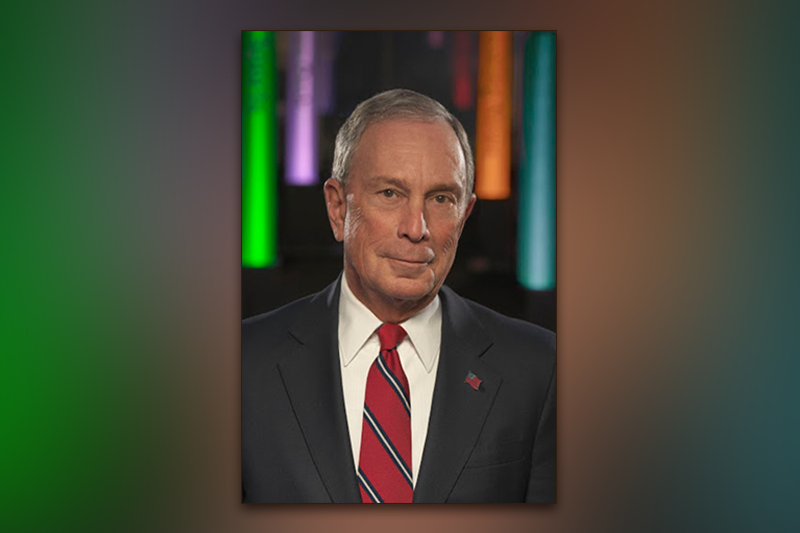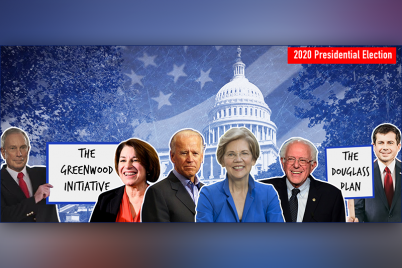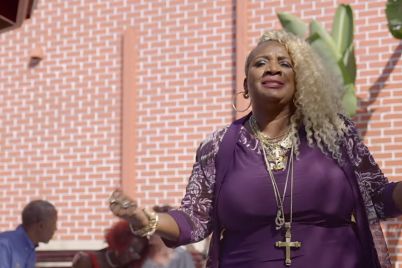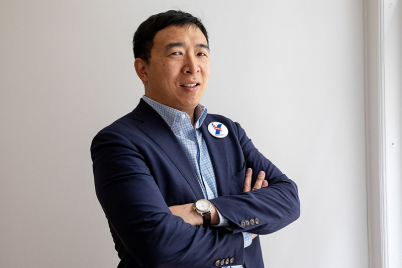‘My story might have turned out very differently if I had been black’
By Jeri Yonder, Contributor
TULSA, Okla. — Democratic Presidential Candidate Mike Bloomberg has a problem with the systematic racism and societal bias that has kept black America from achieving economic equity, and he is the only presidential candidate to confront the issue with a proposal to address one of the nations’ most prevalent dilemmas.
Bloomberg’s belief that the wall of discrimination has kept black America from building generational wealth was reinforced when he visited remnants of the little-known Black Wall Street Massacre site in Tulsa, Okla. It was more evidence of America’s dark history. So, Bloomberg unveiled his Greenwood Initiative that will bring about economic justice to black Americans at a time when it is essential.
He personally reflected on the enduring legacy of racial discrimination — crystallized by the unbelievable statistic that the typical black family owns one-tenth of the wealth of the typical white family.
He acknowledges that biased policies in the financial, criminal justice and electoral voting systems have stood as concrete barriers for many black Americans for far too long and that the impact of discrimination over centuries has meant an enormous loss of wealth for generations.
“As someone who has been very lucky in life, I often say my story would only have been possible in America – and that’s true. But I also know that my story might have turned out very differently if I had been black and that more black Americans of my generation would have ended up with far more wealth, had they been white,” said Bloomberg.
“Instead, they have had to struggle to overcome great odds, because their families started out further behind, and excluded from opportunities – in housing, employment, education, and other areas.”
Mike’s plan, the Greenwood Initiative, lays out a path to create more than 1 million new black homeowners and 100,000 new black-owned businesses in the next decade. As president, he has committed to investing $70 billion in the country’s 100 most disadvantaged neighborhoods. Bloomberg has a solid record of philanthropic programs that have changed the lives of people of color.
In Florida, Mike’s plans continue to draw support and endorsements from prominent black lawmakers, including Florida House Minority Leader Kionne McGhee, State Senator Darryl Rouson, Jacksonville Council Member Reggie Gaffney and West Palm Beach Mayor Keith James.








